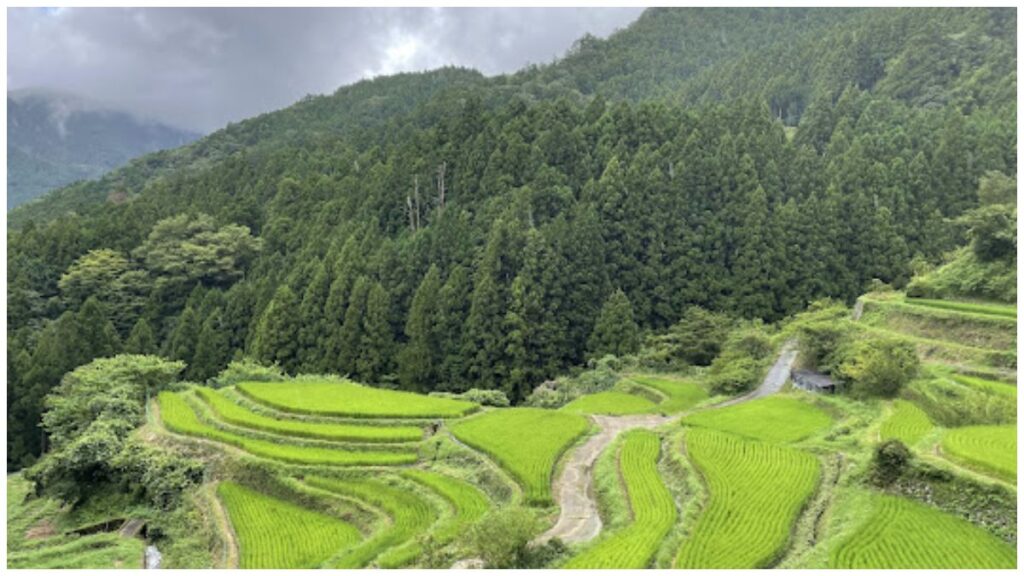In the mountains of Japan’s Shikoku Island lies Kamikatsu, a small town of just 1,500 people that has quietly achieved what most cities only dream of living almost entirely waste-free. Since 2003, this community hasn’t dumped a single piece of trash in a landfill. Instead, it’s become a global example of what determination and collective effort can do in tackling the world’s waste crisis.
The journey toward zero waste
Kamikatsu’s story began in the late 1990s. Back then, residents burned most of their garbage in open pits, releasing thick smoke and ash into the air. When new environmental rules forced these incinerators to shut down in 1997, the town faced a tough choice build costly new plants or find a better way. They chose the latter to reduce waste altogether.

By 2001, the town launched a separate at source program, asking residents to sort their waste before bringing it to a central recycling station. In 2003, Kamikatsu became Japan’s first municipality to officially adopt a zero-waste policy, inspired by American environmentalist Dr. Paul Connett, a leader in the global zero-waste movement.
A community that sorts 45 kinds of trash
In Kamikatsu, zero waste isn’t just a government slogan it’s a community habit. Locals sort their waste into 45 categories from paper, cans, and glass bottles to batteries, Styrofoam, and even clothing. Each item is cleaned and placed in its proper bin, ensuring it can be reused or recycled. Volunteers oversee the process, and residents take pride in getting it right.
The Zero Waste Academy, founded by Akira Sakano, became the heart of this effort. Its mission is simple make sustainable living accessible, affordable, and meaningful. The academy educates both residents and visitors under four principles local, low-cost, low-impact, and low-tech.
Turning waste into community value
Kamikatsu also opened the Kurukuru Shop, a free exchange store where people drop off unwanted clothes, crockery, or tools and pick up what they need. Nearly 90% of the donated items find new homes. The town’s striking Zero Waste Centre, known as WHY, combines recycling facilities, an education hub, and even a hotel for visitors curious to experience life without waste. Today, Kamikatsu recycles over 80% of its waste four times Japan’s national average.
The challenges ahead
It wasn’t smooth sailing. In the early years, sorting trash into dozens of categories felt overwhelming for many residents. But patient community engagement and education turned frustration into commitment. Even so, some waste like diapers, leather, and sanitary products still can’t be recycled and must be sent to incinerators outside town.
To tackle this, Kamikatsu has set a new goal for 2030 building a fully circular economy with help from local businesses and researchers.
